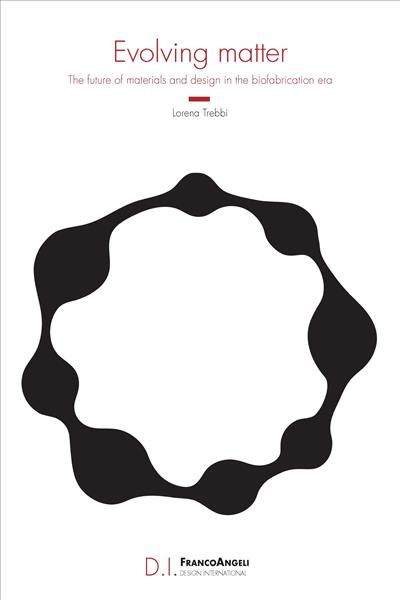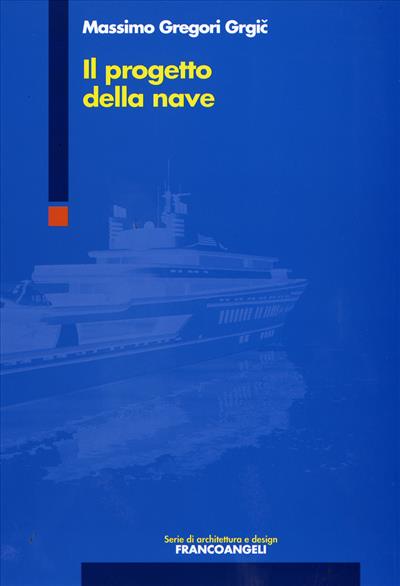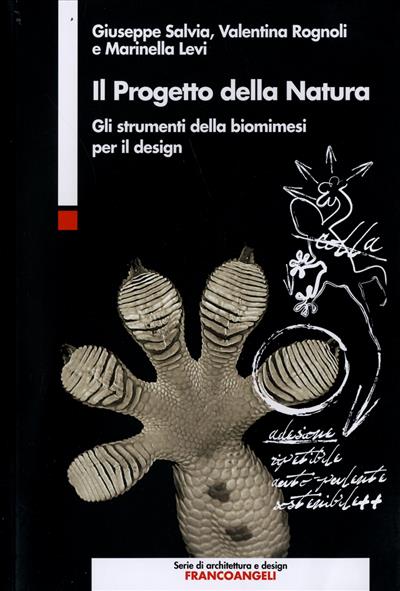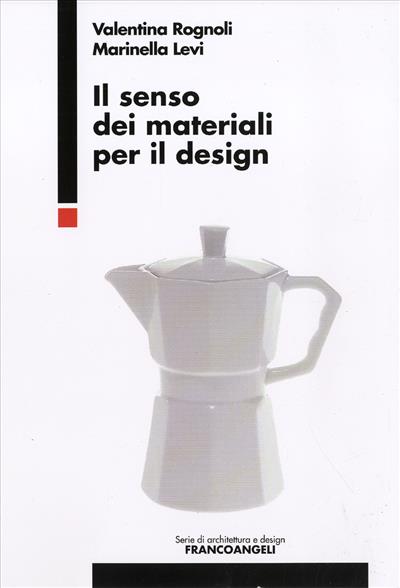
Evolving matter
The future of materials and design in the biofabrication era
Biofabrication is giving us the chance to act a radical change of frame and rethink the way we produce and consume, and more generally the way we live and relate to the Earth habitat through our behaviours – strongly entangled with and influenced by materials, resources and processes we use. The volume aims to provide an insight into how design should approach the transdisciplinary field of biofabrication in order to play an active part in such material revolution, acting on multiple scales and shifting from micro to macro to connect the dots.
Pagine: 166
ISBN: 9788835147541
Edizione: 1a edizione 2024
Codice editore: 319.13
Disponibilità: Discreta
Pagine: 166
ISBN: 9788835158738
Edizione:1a edizione 2024
Codice editore: 319.13
Possibilità di stampa: No
Possibilità di copia: No
Possibilità di annotazione: No
Formato: PDF con DRM Readium LCP




